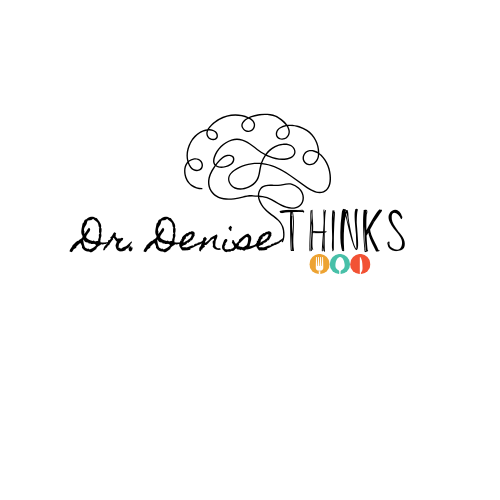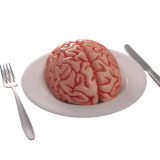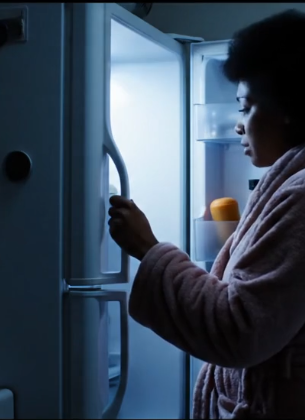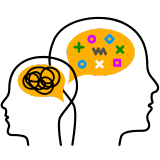Latest Posts
I was homeless during Thanksgiving...
🥹 This Time Last Year…
I was technically homeless during Thanksgiving.
My boyfriend broke...
You Don’t Rise to the Level of Your Goals
→ You fall to the level of your systems.
Setting goals is cute. Inspiring. Even fun.
Breaking the Silence of Stress Eating
Why silence, stuffing, and stress don’t mix—and what to do instead.
Ok, so boom...
...Your Brain Believes What You Feed It
Visualize Before You Victimize Yourself
Here’s a truth most people don’t know:
Your brain can’t tell the difference...
🧠 You’ve Been on Autopilot — Until Now
Have you ever walked into the kitchen, opened the fridge, and stared into it like it owed you...
The Lesson Became the Lifestyle
You made it!
21 Days of reflecting, rewiring, reimagining, and reclaiming your power.
And if...



